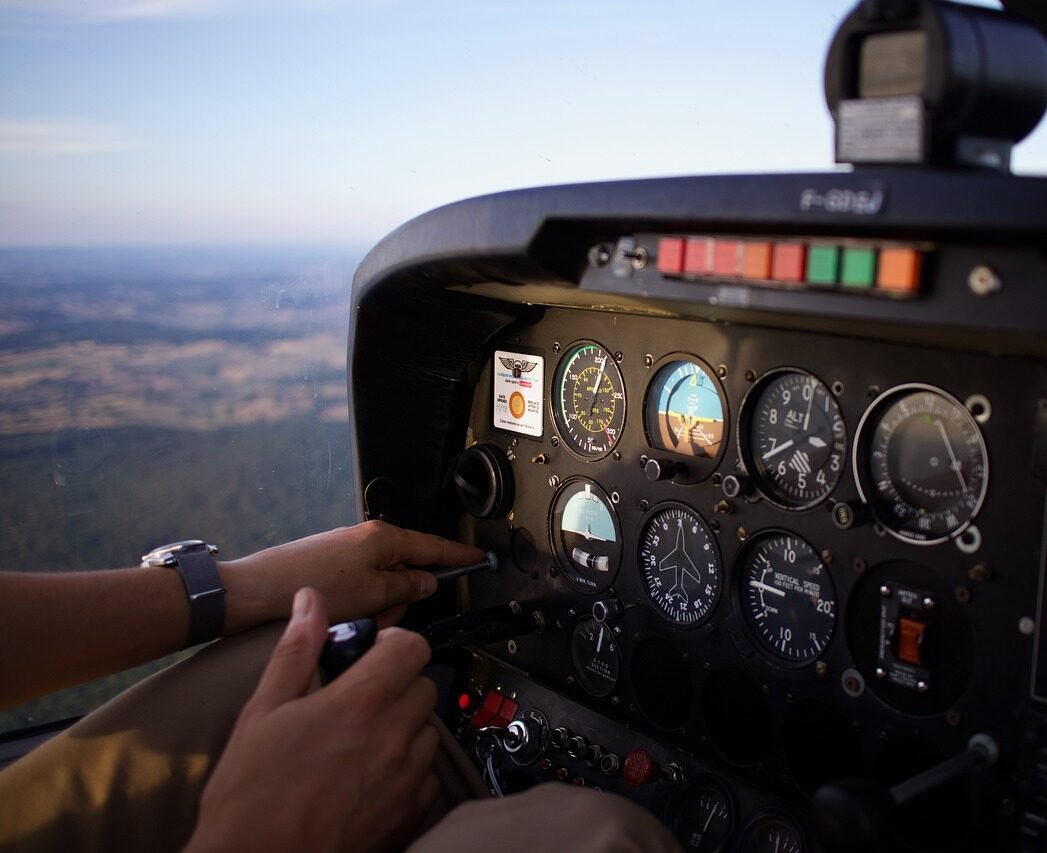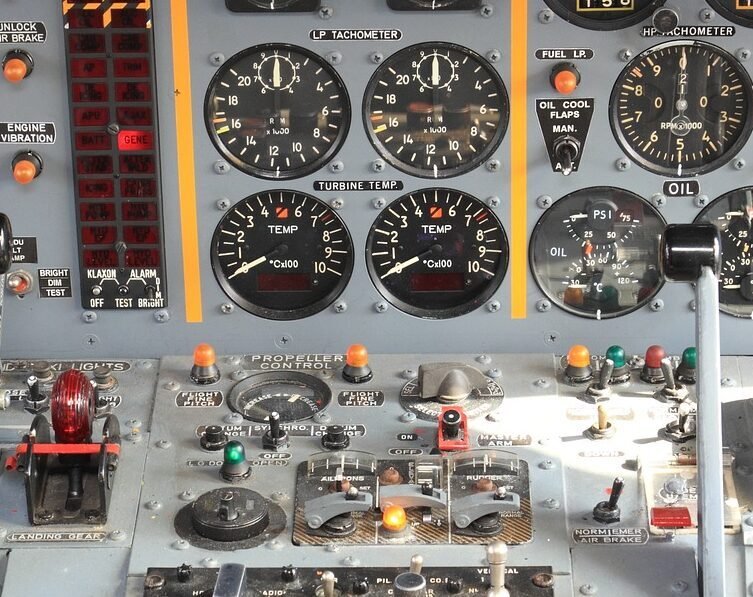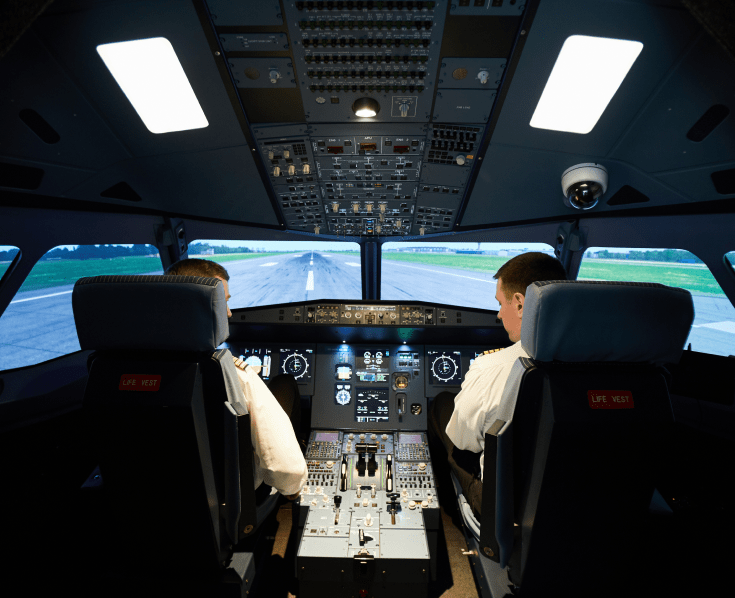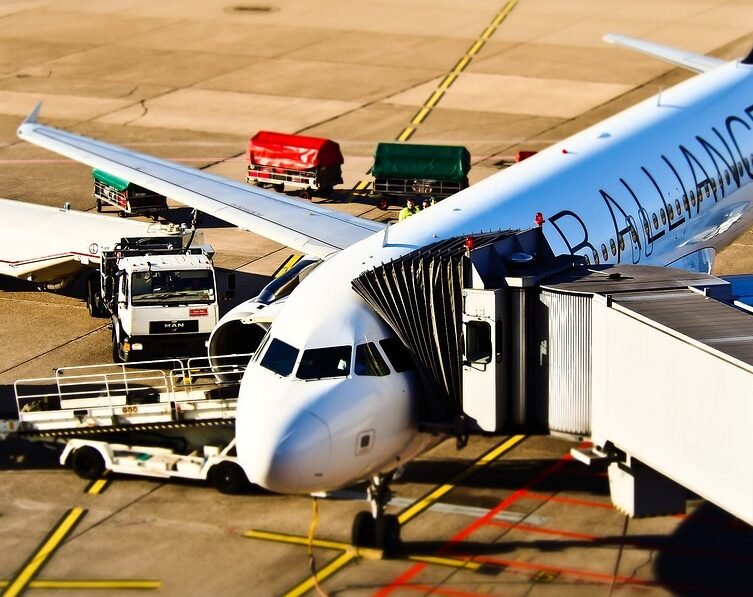CNSATM – ADS-B
Join us at Aviakm and take the first step towards a rewarding career as Search and Rescue Mission coordinator , where precision, safety, and efficiency are paramount
CNSATM – ADS-B
Course Objectives
- Understand the concept of Airspace Management and Controlled Airspace.
- Understand the concept of Altimeter Sitting and the system of different levels in aviation.
- Understand the concept of applying Separation in Air Traffic Control.
- Understand the concept of CNS/ATM Application and operations.
- To have an overview of the Global Navigation Satellite System (GNSS).
- To have an overview of R-NAV, RNP, PBN, ADS-B, and ADS-C.
- Provide a Structured Management Approach to Control Safety Risks in Operations taking into account the organization’s specific processes related to Safety of ADS-B Application and operations.
- Provide a Structured Approach to Air Navigation Planning using ICAO Methodology in related SARPs.
- Develop Training Materials needed to qualify both ATC and Technical engineering personnel.
- Increasing the ability to transfer theory into good practice in the proper context is a skill that can be developed during the course.
- Understand and use of associated ADS-B Application Standards.
- Understand how to develop safety cases and perform safety monitoring in a systematic manner for the whole ADS-B application life cycle.
- Understand the concept of Air Traffic Management (ATM) and a case study.
Course Content
-
Module 1:
- • Airspace management and controlled airspace.
- • Altimeter sitting and different levels in aviation.
- • ATS operating procedures and separation.
-
Module 2:
- • Overview of CNS/ATM.
- • CNS/ATM implementation program.
- • Standards and regulations.
- • Communication and AMHS.
-
Module 3:
- • Navigation methods.
- • Satellite navigation.
- • Surveillance.
- • ADS-B Application implementation program
- • Training Program to qualify both ATC and Technical engineering personnel
- • ADS-B Application safety case
-
Module 4:
- • Air Traffic Management "ATM"
- • Aeronautical Information Management "AIM".
-
Module 5:
- Automatic Terminal Information Service (ATIS).
-
Module 6:
- Control of Departing Aircraft.
- Departure Procedure.
- Selection of Runway-In-Use.
-
Module 7:
- Control of Arriving Aircraft.
- Arrival Procedure.
- IFR/VFR.
-
Module 8:
- Aerodrome Aeronautical Charts.
-
Module 9:
- Runway Incursion.
-
Module 9:
- Runway Incursion.
-
Module 10:
- Handling of Special Conditions.
- VIP Aircraft.
- Bird Strike Hazard.
- Rain
- Emergency Cases.
-
Module 11:
- Human factor and teamwork in Aerodrome Control.
-
Module 12:
- Aerodrome Control Phraseology.
-
Module 13:
- Aerodrome Control Strip Marking.
-
Module 14:
- Table Top and 3D Practical Training.
Practical Training:
Practical Training on Table Top (10 Scenarios for each Participant):
Orientation for participants to enable them to identify;
- Movement Area.
- Runways, including:
o Dimensions Numbering and Width.
- Taxiways, including:
o Designations and Width.
- Aprons and Special Use Areas including:
o Checkpoint area, ILS critical Area, Isolated Area andHelipads, including location and identification.
- Control of Departing Aircraft, Departure Procedure and Selection of Runway-In-Use.
- Control of Arriving Aircraft and Arrival Procedure.
- Emergency Procedure, and Standby Locations.
Practical Training on 3D Tower Simulator (5 scenarios for eachParticipant):
- Planning and Controlling of Aerodrome Traffic (Departing and Arriving Aircraft).
- Handling of Aerodrome Traffic (VFR, IFR Departing and Arriving Aircraft).
- Using Standard Radiotelephony Phraseologies.
- Applying Wake Turbulence Separation between Aircraft.
- Proper Coordination with other units.
- Effective handling of Emergency Situations.
- Marking of Flight Progress Strips.
Course Duration
Theoretical &Practical
Who Should Enroll:
Personnel responsible for the planning, implementation, operations, and management of CNS/ATM, ADS-B, and PBN from Civil Aviation Authorities, Airport Authorities, Operators, Airlines, ATS and Communications Service Providers, Government Transport and Military Agencies
Prerequisite
None
Training Strategy
- Lectures.
- Class Discussions.
- Role Playing.
- Case study.
- Demonstration.
- Audio/Video.
- Group work.
Training Aids
- White Board and Markers
- PC or Laptop with internet connection
- Data show and Laser pointer
- PowerPoint Presentation and CD
Materials
- Trainee Manual, and Trainer Handout.
Join Us Now & Get Free Training
Enroll today and receive complimentary training to kickstart your aviation career with top-notch education and resources.
Other Courses ===
Discover Our Courses
Discover our extensive selection of aviation programs, crafted to equip you with the skills and knowledge needed for success in the aviation industry.

Air Traffic Services
Advance your skills and knowledge with our tailored courses for aspiring and current professionals

Airport Management
Develop the leadership and operational skills required to manage modern airports.


Aviation Security
Master the critical aspects of protecting airports and aircraft with our Aviation Security courses

Aeronautical Information Services
Gain expertise in managing and disseminating essential aeronautical information.

Aeronautical Information Services
Gain expertise in managing and disseminating essential aeronautical information.
